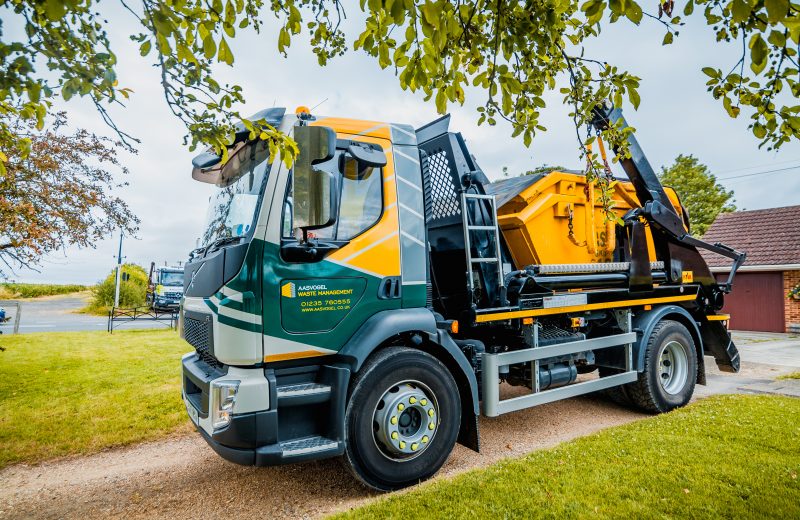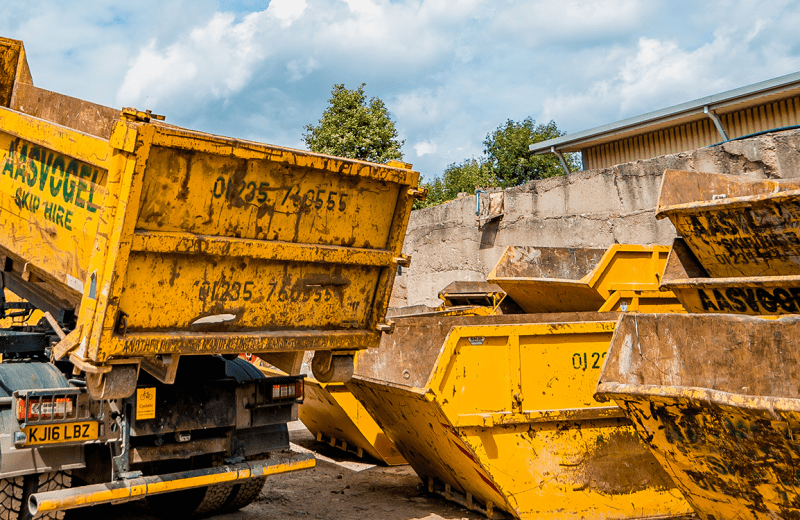In the 2017-2018 period, flytipping cost taxpayers in England and Wales £12.2 million – up 23% year on year. It’s dangerous, ugly, expensive and extremely irritating. So how can we stop our neighbourhoods, parks and private land being used as dumping grounds?
Who’s to Blame?
For the most part, everyday people aren’t in the habit of dumping bulky waste. They’ll either make a trip to their local tip or hire a professional waste management company. Unfortunately, our industry is being saturated with rogue traders; unlicenced, untrained, unscrupulous chancers, charging for waste collection and then dumping it free of charge anywhere they please. They seldom get caught. But when they are, vehicles can be seized and destroyed.
Spotting Fraudulent Waste Disposal Companies
It’s important to make sure your waste disposal company is accredited and licenced. Check for a Waste Carrier Licence – any legitimate waste disposal business will be happy to provide this for you.
Be wary of cash in hand payments, and get several quotes when you’re looking for a waste company. Fraudsters sometimes charge just as much as licenced waste companies, but often you’ll be quoted an irresistibly low price that doesn’t fit in line with the rest of your quotes.
If that happens, ask questions; if you get dismissive, choppy answers and they’re not willing to provide their licencing information, then avoid them.
The Worst Cases of Flytipping
In October 2018, the worst case of flytipping ever seen in the south of England was discovered in Hampshire. The 100m square site in Havant, which included improperly disposed of hazardous waste, caught fire, prompting its discovery. The Environment Agency launched a criminal investigation, and several firms are thought to be involved in the illegal operation.
Flytipping in a Merthyr Tydfil beauty spot has blighted the once pristine landscape – for years. The site on Bogey Road is littered with tyres, toys, sofas, household waste and hazardous waste. It’s truly a shocking sight to behold, with wildlife (including wild horses) living alongside the carnage.
What’s Causing Flytipping?
The 23% year on year rise in the cost of dealing with flytipping is upsetting – but overall, flytipping incidents dropped by 1%. It’s hardly a significant drop, but does it mean that fines are working?
Probably not, given that some of the worst recent acts of flytipping have occured at the height of fines. Fines are only a deterrent if perpetrators are caught, and they rarely are.
Flytipping could be a symptom of rising waste management costs, stricter regulations and dumping charges introduced by some local councils. But most of the waste being illegally dumped isn’t chargeable, and costs associated with chargeable items aren’t particularly high.
Stricter regulations don’t necessarily make things any harder, either; they just ensure things are done right every time, and help to keep everybody safe.
The motivators for breaking the law this way most likely come down to laziness, ignorance and just looking to make a quick buck. Sadly, it’s down to consumers to be savvy, but if you follow our tips above, you’ll be doing your bit to make sure your waste goes to the right place.
Experts in Waste Removal
At Aasvogel, we’re skip hire experts. If you need a waste removal solution just give us a call on 01235 760555 or use our online contact form.



